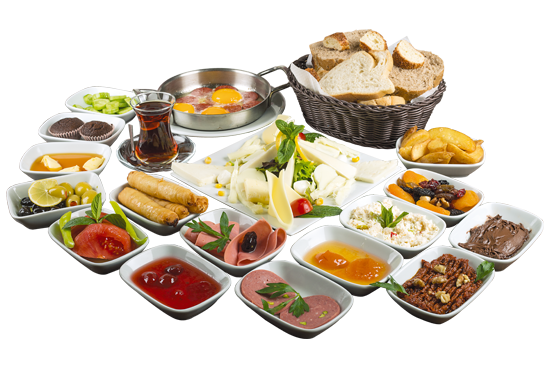
TIPS FOR HEALTHY SAHUR
In month of Ramadan balanced and healthy diet has become even more important. A meal containing white meat and vegetables may keep you full longer after sahur and won’t be to heavy for iftar, after day long fast.
Beware of digestive problems !!
During the first weeks of Ramadan, till your body will get used to new regime, some digestive problems may occur. Constipation, the feeling of bloating, stomach burning are the most common health problems. Here is few advices how to reduce them:
Take probiotic supplements twice a day, during iftar and sahur meal.
Do not consume raw vegetables, chose the meals with well boiled ones instead, to bring relieve to your digestive system,
Add food with high probiotic content to your iftar and sahur meals.
Your indispensable meal is SAHUR!!
Perhaps you have heard it hundreds of times but the first rule is: WAKE UP FOR SAHUR BREAKFAST. during Ramadan, the number of our meals decrease to 2, and energy consumption for our body needs we have to divide on two. Shortly, to provide all necessary macro nutrients, to ensure hormonal balance, and to protect from muscle loss:
Ensure quality protein intake with EGGS!!
Egg, due to protein content, will help you to keep feeling of satiety longer during the day.
Keep balance between protein, carbohydrate and fat intake
For a healthy and high-quality sahur you should ensure consumption of products from every group of nutrients: whole wheat bread, oatmeal, fruits and vegetables with fiber content and low glycemic index, from group of carbohydrates; eggs, milk and milk products for sufficient protein intake; for healthy and enough fat intake you can choose products such as raw seeds, avocado, unpeeled peanut butter in amount determined by your dietitian to keep your diet in balance and ensure satiety at the same time.
ATTENTION !!
Do not go to bed right after iftar,
Get up close to the sahur time and have your breakfast.
Do not fast if you didn’t have sahur breakfast.
Do not eat fast food for your sahur meal.